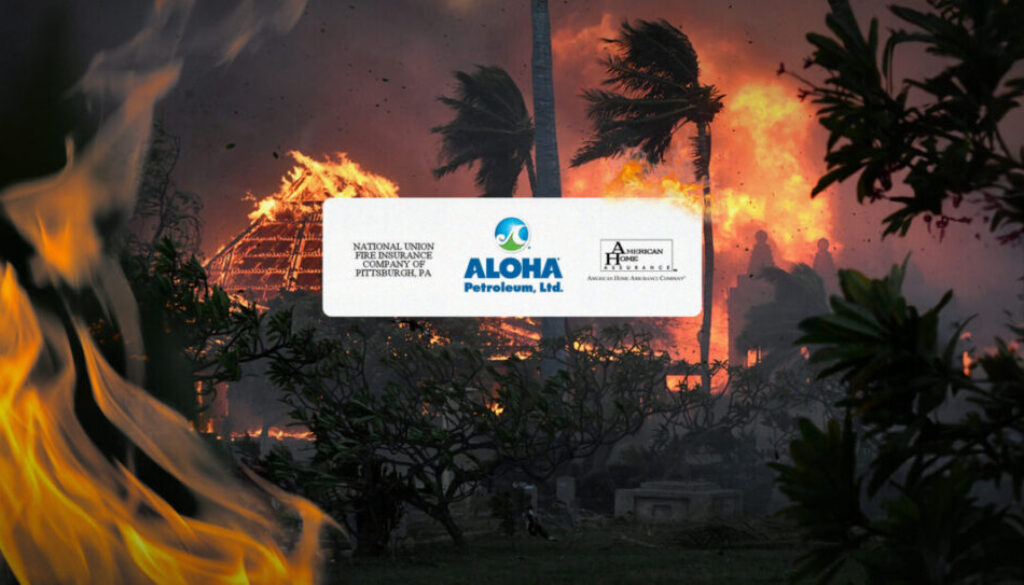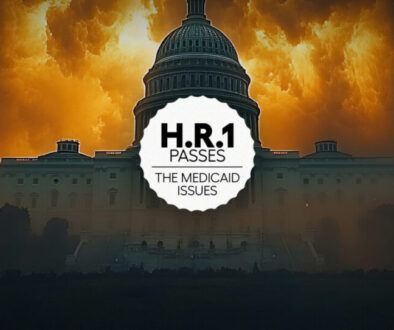AIG subsidiary insurers in legal fight over Hawaii climate-related claims
Hawaii’s top court will determine whether a pair of American International Group insurers must cover legal costs related to a climate change lawsuit.
Aloha Petroleum filed a lawsuit against its insurance providers – National Union Fire Insurance and American Home Assurance – to force the insurers to cover its legal fees in ongoing climate litigation.
The City and County of Honolulu and the County of Maui sued Aloha Petroleum and other defendants for harms related to climate change, according to court records.
City and county officials claim that fossil fuel products, when used in the ordinary course, have contributed to emissions of carbon dioxide, and other greenhouse gases – and that the use of those products by the public have contributed to global warming, court documents say.
“Specifically, the plaintiffs assert various tort claims contending that the defendants are directly responsible for the damaging effects of global warming because of defendants’ alleged failure to disclose or warn of the hazards of using the fossil fuel products that the defendants sold into the stream of commerce,” one court entry reads.
‘Significant’ costs
The Hawaii Supreme Court heard oral arguments last month in Aloha’s complaint against the AIG insurers. According to its complaint, filed in August 2022, Aloha claims the AIG insurers have a duty to defend and indemnify the company under Commercial General Liability policies issued between 1978 and 1985.
The insurers deny any potential for coverage based on a pollution exclusion. In its lawsuit against the AIG insurers, Aloha said it incurred more than $880,000 in defense costs in connection with the climate change lawsuits, and “expects that it will continue to incur significant additional defense costs, as the litigation progresses.”
A federal court judge sent the issue to Hawaii’s top court to settle two questions:
(1) For an insurance policy defining a covered “occurrence” in part as an “accident,” can an “accident” include recklessness?
(2) For an “occurrence” insurance policy excluding coverage of “pollution” damages, are greenhouse gases “pollutants,” i.e., “gaseous” “irritants or contaminants, including smoke, vapor, soot, fumes, acids, alkalis, chemicals and waste”?
Attorneys for both Aloha and the AIG insurers split an hour before Supreme Court justices during the June 18 hearing. Justices asked several pointed questions on whether Aloha’s activities could be considered “reckless” and whether the company knew it was causing harm.
Christopher J. St. Jeanos, partner with Willkie Farr & Gallagher, represented the AIG insurers. He argued that Aloha intentionally took action that it knew would cause harm when it promoted fossil fuel products that contribute to climate change. That makes the company ineligible for coverage under its policy, St. Jeanos said.
“We know that all of their conduct, as determined by the district court, was intentional,” he added. “Deliberate commercial deception. Advertising campaigns that were misleading. Hiring denialist organizations. We know that the lowest mental state with which that conduct was carried out was recklessness.”
Not much precedent
John Sylvester, partner with K&L Gates, represented Aloha Petroleum. He urged the court to find the AIG insurers liable for coverage, telling judges that there was no expectation of harm when Aloha initially sold its product.
“These pollution exclusions … were drafted and inserted in the 1980s,” Sylvester said. “At the time nobody would have said, certainly not our client, Aloha Petroleum, that we believe we’re selling a polluting product.”
The case is generating widespread interest due to the lack of precedent on whether the pollution exclusion can be applied to greenhouse gases causing climate change. The Virginia Supreme Court found that the exclusion applied in a 2012 climate-change case, but its decision has been criticized, Reuters reported.
A decision for the insurers would set a bad precedent going forward, Sylvester told the panel of judges.
“If you take the position that they are asserting, that any intentional act is the first part of getting out of an occurrence, and then the second part is if there’s any reasonable, foreseeable harm that occurs, then you can’t have an accident, you can’t have an occurrence, then you’ve basically wiped out liability insurance coverage in the state of Hawaii,” he said. “Almost any liability causing conduct is going to be argued by AIG to be an intentional act.”
© Entire contents copyright 2024 by InsuranceNewsNet.com Inc. All rights reserved. No part of this article may be reprinted without the expressed written consent from InsuranceNewsNet.com.
The post AIG subsidiary insurers in legal fight over Hawaii climate-related claims appeared first on Insurance News | InsuranceNewsNet.




